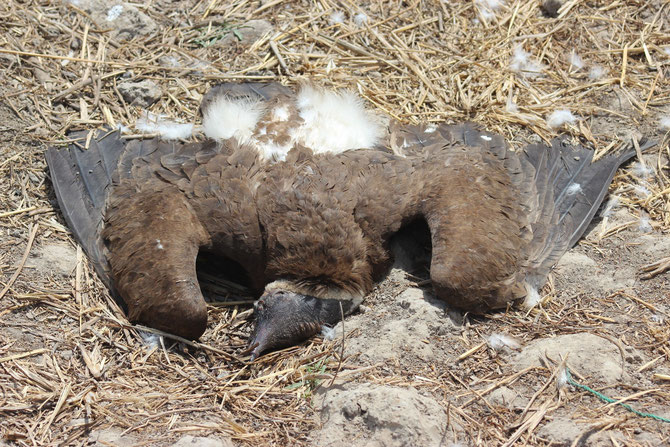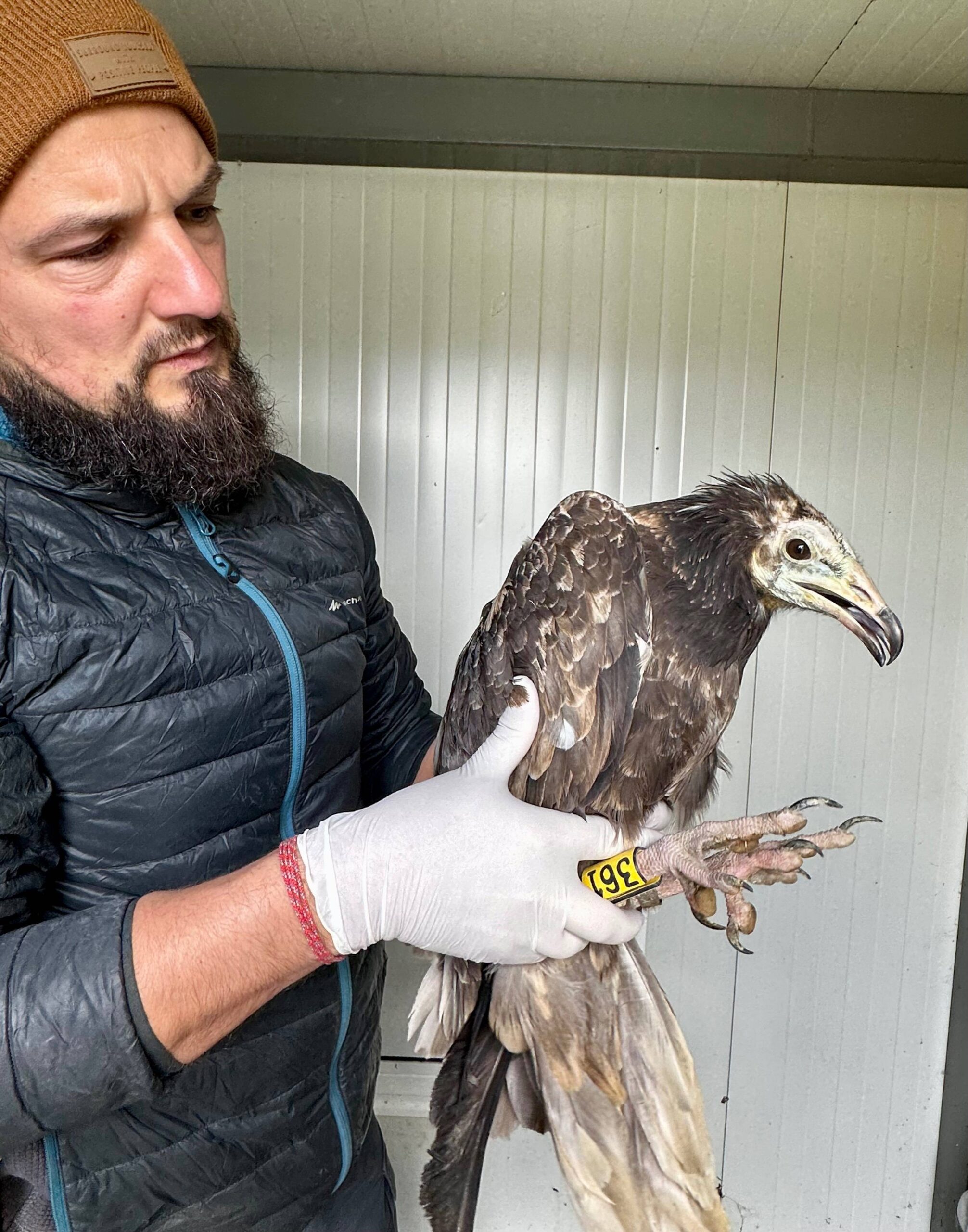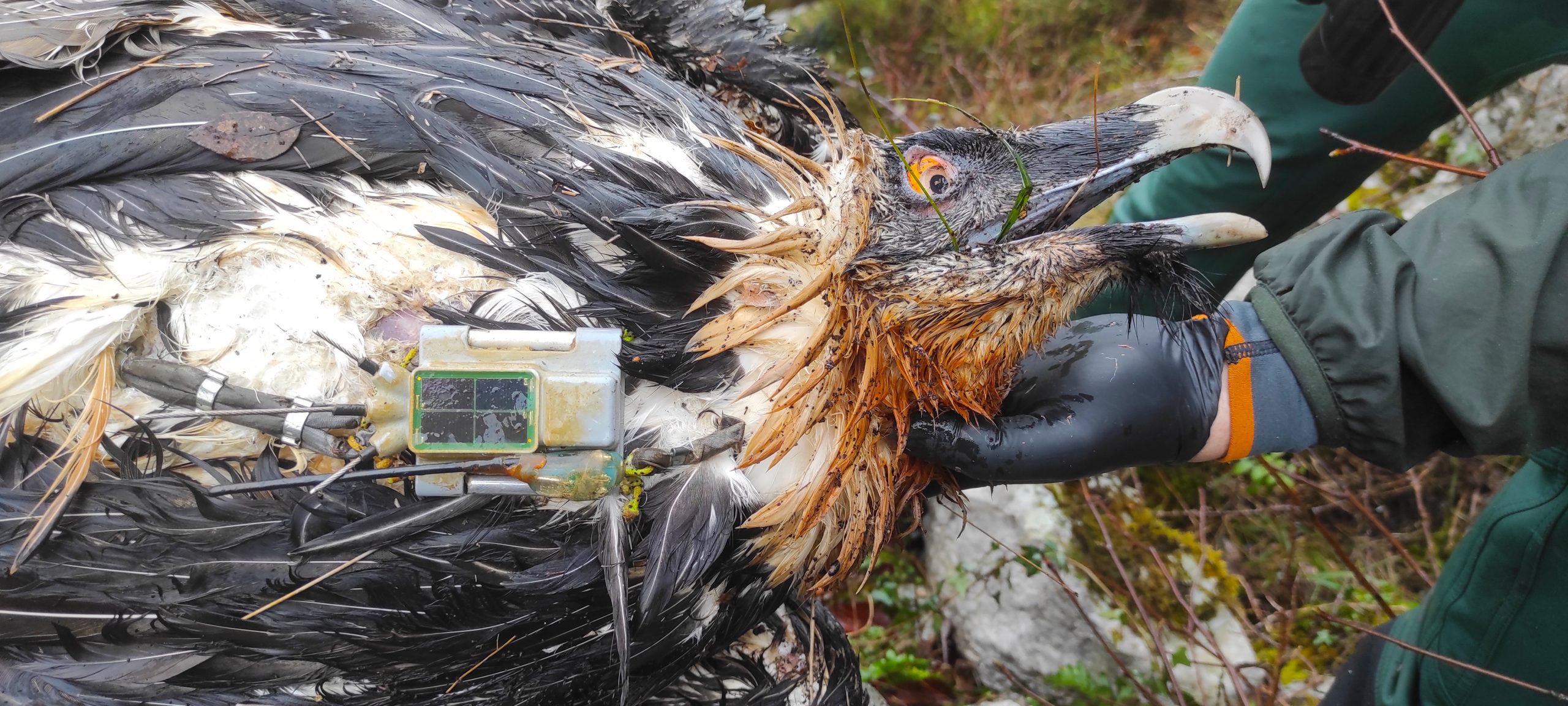
More than 2000 Critically Endangered Hooded Vultures (Necrosyrtes monachus) lost their lives across eastern Guinea-Bissau since September 2019, causing a big blow to vulture conservation. Investigations and toxicological analyses determined that the vultures were deliberately poisoned for belief-based use.
A group of conservationists and researchers, with a contribution from the Vulture Conservation Foundation (VCF), produced a letter for publication to Science Magazine, aiming to raise awareness about key issues regarding vulture conservation. The letter addresses the poisonings in Guinea-Bissau, the threats vultures are under and what needs to be done in Africa to protect vultures where certain species are now on the verge of extinction.
For more information on the letter, visit the website of Science Magazine.
Mass poisonings in Africa are a common problem

The majority of the vulture populations in Africa are in trouble, mostly due to the threat of poisoning, and cannot bear further losses. Today, seven of Africa’s vulture species are on the edge of extinction, with four species considered Critically Endangered, while three other species are Endangered. The illegal trade of vulture parts in Africa accounts for 29% of reported vulture deaths. Several communities consider the heads of Hooded Vultures as good luck charms, making the species among the most traded for belief-based use, and as they become rarer due to this harmful practise, the prices are also rising. Hooded Vultures in Guinea-Bissau amount to about 20% of the global population of this Critically Endangered species, and due to these latest poisoning incidents, it is estimated that more than 1% of the world’s Hooded Vultures may have been lost.
Mass vulture poisonings in Africa cause a devastating effect on the regional population of species, but also the surrounding environment, as vultures are essential for a healthy and functioning ecosystem and poison baits adversely affect other wildlife and public health.
This recent blow to vulture conservation requires urgent action. Although it seems that the killings have stopped in Guinea-Bissau for the time being, it is still necessary to take measures to prevent further losses and build capacities to respond to such instances accordingly. It is essential to raise awareness among local stakeholders about the importance of vultures and discontinue the misconceptions that drive the illegal trade of vultures. Authorities in Guinea-Bissau and elsewhere should invest in enforcing anti-poisoning legislation, building capacity to tackle this harmful threat and hindering cross-border and local trade. VCF, VSG and BLI wish to help West African countries and are exploring opportunities to magnify their support to develop and implement national action plans to conserve vultures and prevent their extinction.
Recent deaths of Hooded Vultures
Unfortunately, this African species suffered more deaths recently. At least 36 Hooded Vultures were discovered dead near Gunjur abattoir in Gambia, and the numbers are increasing. The characteristics of this mass mortality event suggest that it might be another poisoning incident, however, more investigation is necessary to confirm the cause of death. The VCF is in touch with African colleagues to get to the bottom of this tragic incident.



